Asia
2015
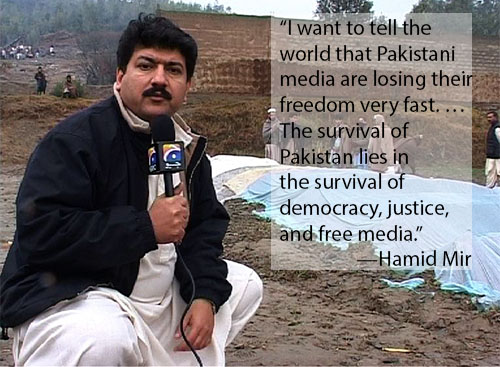
One year later: Hamid Mir on the attempt to kill him and what came next
Hamid Mir and I last saw each other in Islamabad in late January at a meeting of the Pakistan Coalition on Media Safety. Mir, a senior anchor for Geo News, seemed as if he was on the road to recovery, but he was obviously still in pain from injuries he sustained during an assassination attempt…
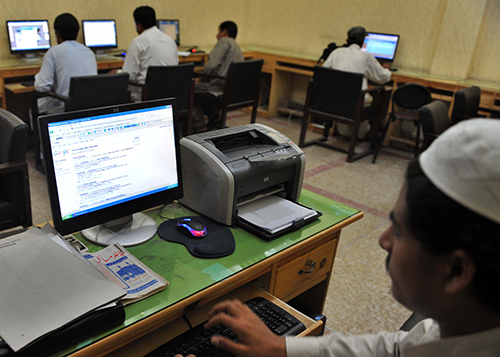
Evolution of Pakistan’s proposed cybercrime law
A pointer to our colleagues at Bolo Bhi, Pakistan’s independent Internet freedom and electronic privacy watchdog (it’s involved in gender issues too). The watchdog has been tracking the evolution of Pakistan’s attempts at cybercrime legislation since 2007.

China’s CNNIC issues false certificates in serious breach of crypto trust
In a major breach of public trust and confidence, the Chinese digital certificate authority China Internet Network Information Center (CNNIC) certified false credentials for numerous domains, including several owned by Google. The deliberate breach had the potential to seriously endanger vulnerable users, such as journalists communicating with sources. The breach was discovered by Google and…

Media restrictions in Papua underscore Indonesia’s wider problems
With more than 50 years of restricted media access, one of the least covered armed conflicts in the world is the long-simmering struggle between Indonesia’s military and the secessionist Free Papua Movement. Under Indonesia’s seven successive post-independence governments–the early ones led by autocratic strongmen, the recent ones more or less democratically elected–the world has been…

A year after Raza Rumi attack, little change for Pakistan’s beleaguered press
One year ago Raza Rumi, a TV anchor and widely-respected analyst in Pakistan, narrowly escaped death when gunmen opened fire on his car in an attack that killed his driver, Mustafa. When I wrote about the March 28 attack, the fourth on the Express Group in eight months that had left four people dead, I…
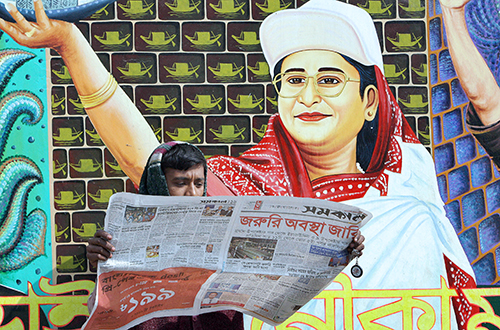
Mission Journal: Bangladeshi press reined in as Hasina exerts authority
Matiur Rahman Chowdhury has been the host of “Frontline,” a popular Bangla-language news show, for five years. Aired live three times a week, the show gained notoriety for bringing politicians, members of civil society, and journalists together to discuss current affairs. Chowdhury distinguished himself from many of his counterparts with his soft-spoken but firm demeanor…
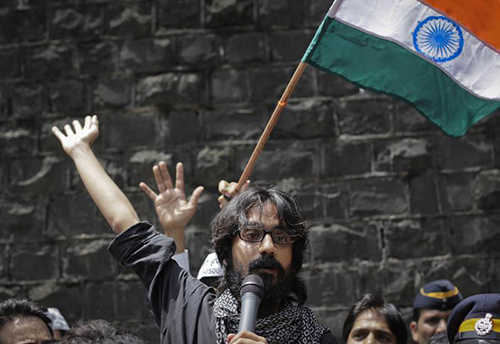
India’s landmark online speech ruling is step toward greater press freedom
In an historic decision, India’s Supreme Court on Tuesday struck down part of a law used to silence criticism and free expression. While this marks a pivotal victory that has been welcomed in many quarters, many challenges remain for press freedom in the country.
Lee Kuan Yew’s legacy
What to make of Singapore’s first and former Prime Minister Lee Kuan Yew, who died Monday morning in the city-state? Under the banner of the People’s Action Party, Lee held government power for three decades. After stepping away from the prime minister’s office in 1990, he held positions of senior minister and later “minister mentor”…
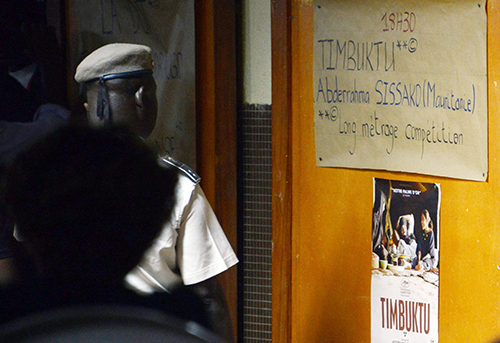
Ban of India’s Daughter and other films silences debate on key issues
What do Delhi, Beijing, and Villiers-sur-Marne have in common, but Ouagadougou does not? The first three recently banned access to films their governments deemed inappropriate. But a film festival in the fourth, the capital of Burkina Faso in West Africa, is stepping up security to show an acclaimed but controversial movie about Islamic militancy in…

How China uses J-visas to punish international media for critical coverage
In November 2013, delays and some outright refusals in issuing visas for foreign correspondents in China were making headlines. A few months later, in its March 2014 survey of members, the Foreign Correspondents’ Club of China (FCCC) described the situation as “grim.” An emailed report on results of the most recent survey (which can be…